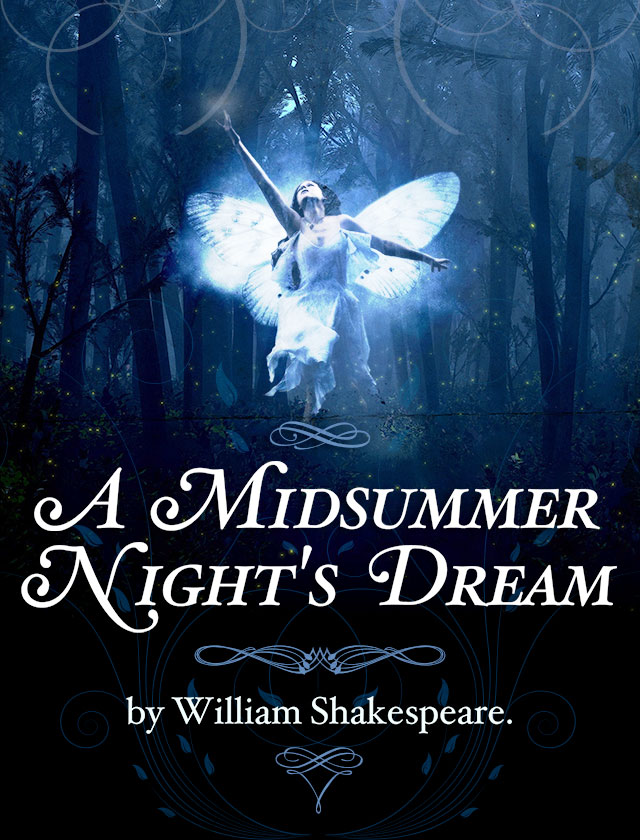A Midsummer Night's Dream
by William Shakespeare
Symbols and Themes
Themes
The madness of love/love’s obstacles
The play is centered on the theme of love, and encompasses the delightful madness of love as well as its complications and trials. It begins with a discussion of the Duke’s upcoming wedding, which he and his bride anticipate happily, and then immediately shifts focus to the trials of two young lovers who are forbidden to marry. Other obstacles to love can be seen in Helena’s unrequited passion for Demetrius, the argument between Titania and Oberon which has brought discord to their marriage, and the misapplication of the love potion which causes Lysander’s sudden transfer of affections from Hermia to Helena. The main events of the play transpire on a midsummer evening during a full moon and on May Day, which was associated with revelry and mayhem, both of which serve to exaggerate and display love’s madness. Ultimately, all of the obstacles to love are overcome and each of the four couples are happily united. The craftsmen’s inept and therefore comic production of “Pyramus and Thisbe”—the tragic tale of star-crossed lovers which ends with a double suicide—farcically mirrors the theme of love’s obstacles which runs throughout A Midsummer Night’s Dream.
Dreams versus reality
Just as the title implies, A Midsummer Night’s Dream takes place largely in a fantastical, dreamlike environment, in which chaos and magic reign. In the enchanted woods, those who lie down to sleep are often anointed with Oberon’s love potion, the chaotic effects of which cause reality to shift. Lysander goes to sleep in love with Hermia but wakes up in love with Helena. Titania goes to sleep angry with her husband but still in love with him, and wakes up in love with a donkey-headed mortal. Because of these strange shifts in reality caused by the ruling magic of the midsummer woods, each of the four young Athenians believes the events of the entire evening to have been a dream....
Sign up to continue reading Symbols and Themes >